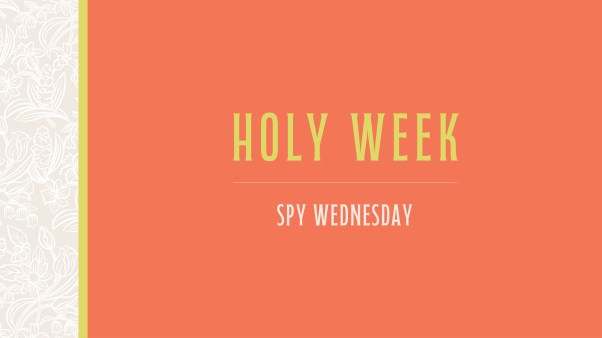I felt like I had been hit by a bus.
Unfortunately, I have been literally hit by a bus, so I know exactly what that feels like. But this was worse than the physical trauma of bleeding parts and broken bones. This was broken trust and a crushed spirit.
This metaphorical bus was the trauma of betrayal.
Betrayal breaks things you didn’t know could be broken and ushers in losses of things you didn’t even know you had until they are gone. The Encyclopedia of Psychological Trauma describes betrayal trauma as occurring “when the people or institutions on which a person depends forsurvival significantly violate that person’s trust or well-being.” Such treachery is life-altering. It changes not only your external life but your inner life too, making you doubt your own judgment and very beliefs because you misplaced them in the ones who broke your trust.
Jesus knows what it is to be betrayed.
On his way to the cross, where he would endure the worst physical pain possible, Jesus experienced perhaps the worst emotional pain possible.
Jesus was betrayed by a member of his innermost circle, handed over by a friend to enemies for mere silver. The incident took place in the darkness of the garden where he had gone to seek his Father’s will and to let his own will be known to God. The sign given for his betrayal was the symbol of love, friendship, and brotherhood: a kiss.
It’s hard to imagine a breach of trust deeper than this.
Yet Jesus knew he would be betrayed—and he kept on ministering anyway. Jesus didn’t accuse his betrayer but allowed the villainous disciple to accuse himself. At their last meal together before the cross, Jesus told the Twelve that one of them would do this. When Judas asked Jesus if he meant him, Jesus simply replied, “You have said so” (Matt. 26:25). And when Judas came for Jesus in the garden, Jesus said to him quietly, “Do what you came for, friend” (v. 50).
Jesus did not despair. He was not confused. He did not seek vengeance. He even instructed one who drew a sword in his defense to put the weapon away (vv. 51–52).
Jesus let the darkness be the darkness while he kept on being the light.
In the emergency room where I was taken after being struck by the bus, while the doctors did what they needed to do and a friend held my hand, there was a moment when I was overcome by pain. Yet in the looming darkness that swirled around me, I saw a light. In that light I felt the presence of God. I felt a peace I couldn’t understand (Phil. 4:7).
Later, in the darkness of betrayal, it was harder to see that light. But it was there. And to that light—to Jesus—I turned. I drew closer to his presence than I’d ever been before. And somehow, I was—and still am—at peace. Because “the light shines in the darkness, and the darkness has not overcome it” (John 1:5).
Karen Swallow Prior (PhD) is a popular writer and speaker. A former English professor, Karen is now a contributing writer for The Dispatch and a columnist for Religion News Service. Her writing has appeared in The New York Times, The Atlantic, Vox, The Washington Post, Christianity Today, and many other places. Her most recent book is You Have a Calling: Finding Your Vocation in the True, Good, and Beautiful (Brazos, 2025).













